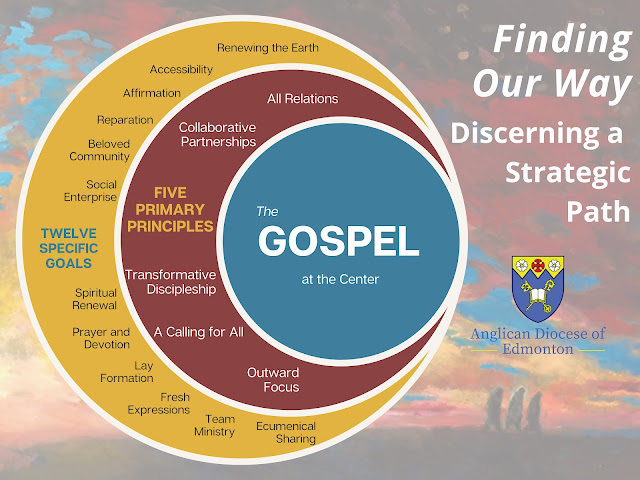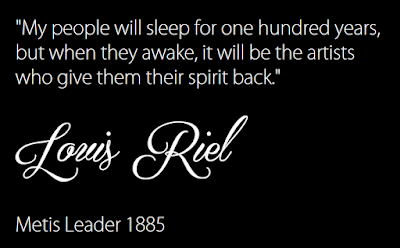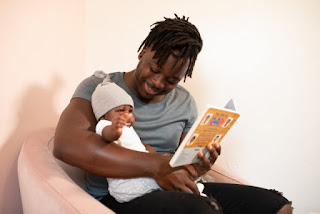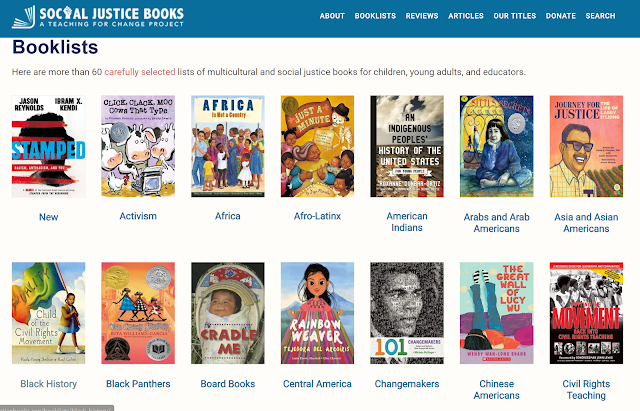
Minoritized groups are often under-represented in images, whether advertising, magazine articles, or generic images used in reports and brochures.BlackIllustrations.com is one site that offers illustrations of Black people in different contexts, including office, medical, STEM, education and more. Some sets are free; others have a cost.
https://www.BlackIllustrations.com
(Above: some education-related images from BlackIllustrations.com)
nappy.co is a site that has excellent photos of Black and Brown people, free, for commercial and personal use.
Collections include Tiny Humans, "Breathe, Stretch, Shake, All Hands, Black in Green Spaces, Food for the Soul, Women at Work, The Perfect Holiday, All Black Lives Matter, I's Married Now, and Good Hair.
https://nappy.co
The Gender Spectrum Collection
 |
Vice Gender Photos Collection
https://creativecommons.org/licenses/by-nc-nd/4.0/ |
"The Gender Spectrum Collection is a stock photo library featuring images of trans and non-binary models that go beyond the clichés. This collection aims to help media better represent members of these communities as people not necessarily defined by their gender identities—people with careers, relationships, talents, passions, and home lives."
https://genderphotos.vice.com/



















